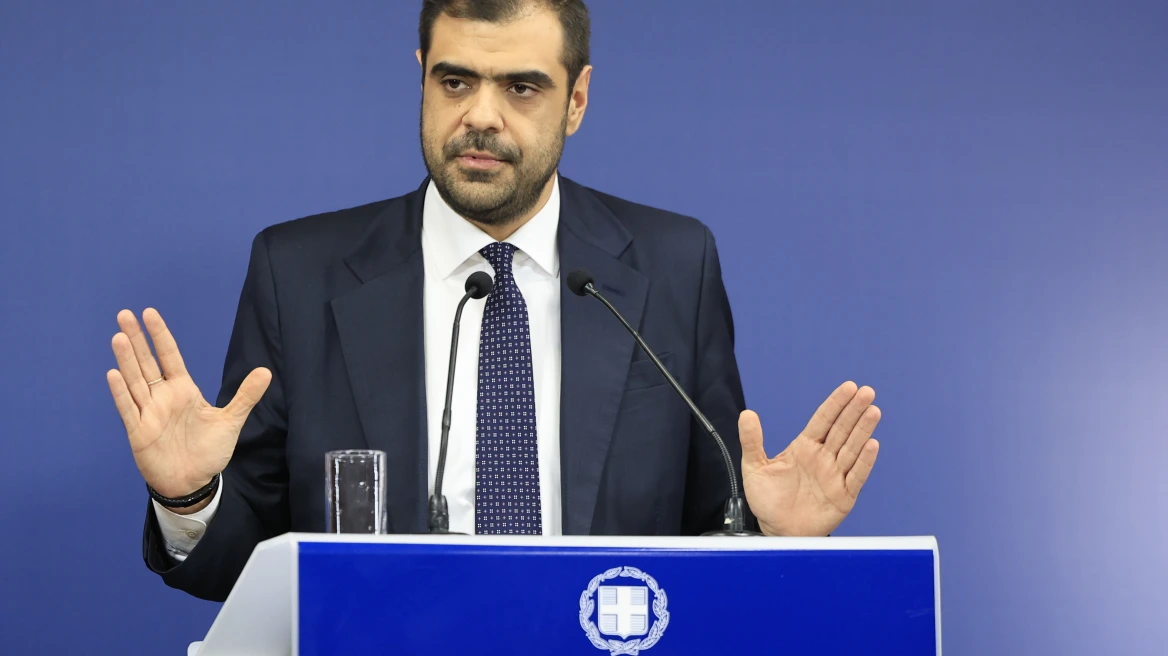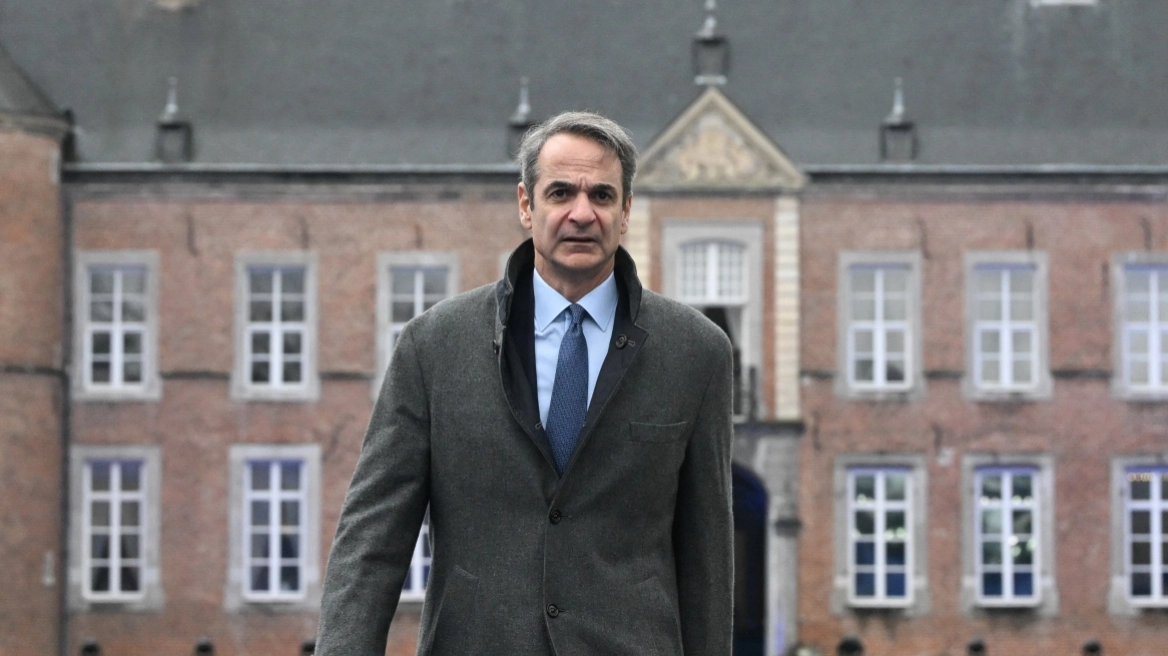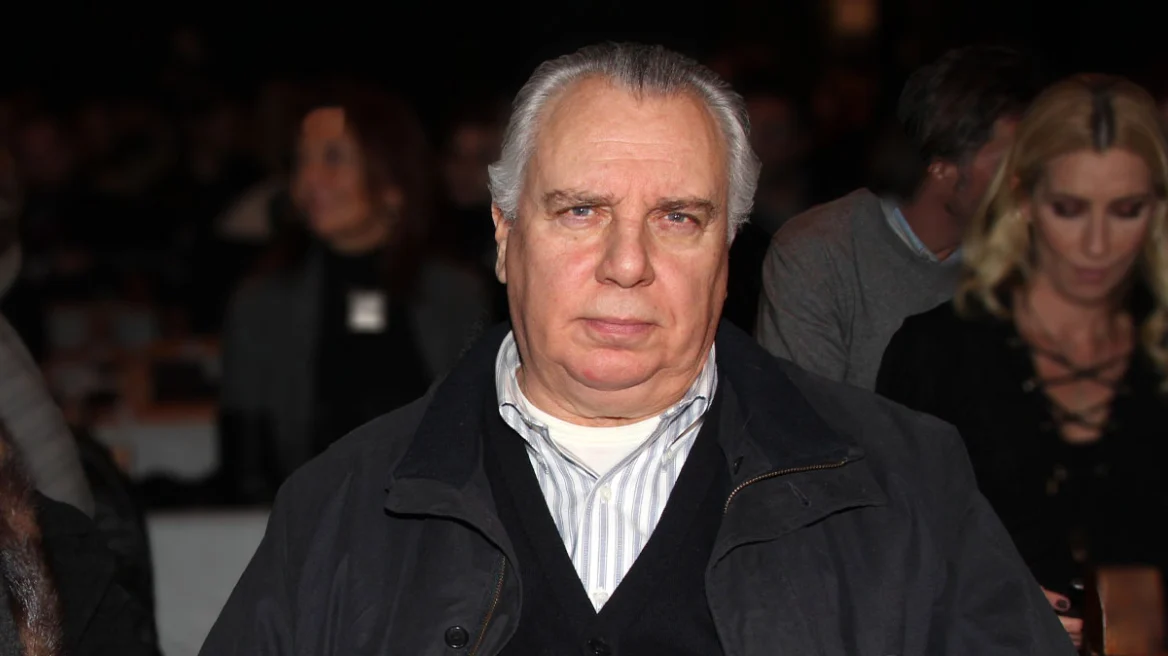“A Beautiful Penelope and a Captivating Odysseus” – this was the scene at the press conference following the premiere of The Return, directed by Uberto Pasolini. Inspired by Homer’s myth, the film stars Ralph Fiennes and Juliette Binoche as the mythic figures Odysseus and Penelope reimagined through a modern lens.

Just a day after receiving the honorary “Golden Alexander” award, Binoche and Fiennes spoke openly about their journeys and their experience of stepping into mythic roles. Both actors bought copies of The Odyssey with the latest translation by Emily Wilson, capturing a meaningful moment in a selfie with the book and sending it to Pasolini with the message, “Ready!”
Reflecting on the timelessness of Homer’s myth and the heroes’ dilemmas, Ralph Fiennes admitted, “My journey as an actor has been a small Odyssey in itself.” He continued, “Meeting Odysseus in this chaotic emotional state, as he struggles to reclaim his past self, was a challenge, but Uberto’s vision offered a sensitive perspective on his psychological journey.” Fiennes revealed he had Binoche in mind as his ideal Penelope from the start, adding, “Uberto approached the hero’s psychology with such clarity that three years ago we knew it would be a powerful collaboration.”
Their partnership began years ago with The English Patient, which cemented their friendship and working rapport. Reuniting now for a film that reinterprets the myth of Odysseus, Fiennes, and Binoche both felt that this project was meant to be.
For Binoche, Penelope’s role felt remarkably modern: “She resonates with different women in distinct ways; she’s a timeless figure, confronting what it means to believe and hold faith,” she shared. “In today’s context, it’s a story of reuniting with oneself, with a quest for harmony and inner balance.”

Reflecting on their experience filming in Corfu and Ithaca, Binoche spoke about the beauty of the island’s landscapes and monasteries, with Fiennes adding that his visit to Ithaca held special meaning, “This land emits powerful energy; I could feel it in the landscapes, the seas, and mountains—a strong connection similar to what I feel in Ireland’s west coast.”
As for the Odyssey’s lasting appeal, Fiennes remarked, “We are all searching for our own Ithaca, our place of return. The Odyssey speaks to us all as we navigate our own life journeys.” Growing up familiar with the myth, Fiennes appreciated the unique angle Pasolini presented: “An inner Odyssey—a man returning home, uncertain if he belongs there, emotionally battered by the struggles of his journey, and facing a tragic disconnect with Penelope.” Pasolini brought depth to the characters, enriching the actors’ performances with complex layers.
In a poignant closing, Binoche shared how much it meant to her to bring Pasolini’s vision to life with Fiennes, embracing a journey back to Ithaca, whatever it may signify for each person. She concluded, “Sooner or later, darkness will perish in the light, so always move toward what you love.”

The press conference took place on November 2nd at the Stavros Tornes Hall during the 65th Thessaloniki Film Festival, featuring director Uberto Pasolini and co-producer Konstantinos Kontovrakis, with Giorgos Krassakopoulos, the festival’s program director, moderating the event.
Ask me anything
Explore related questions





